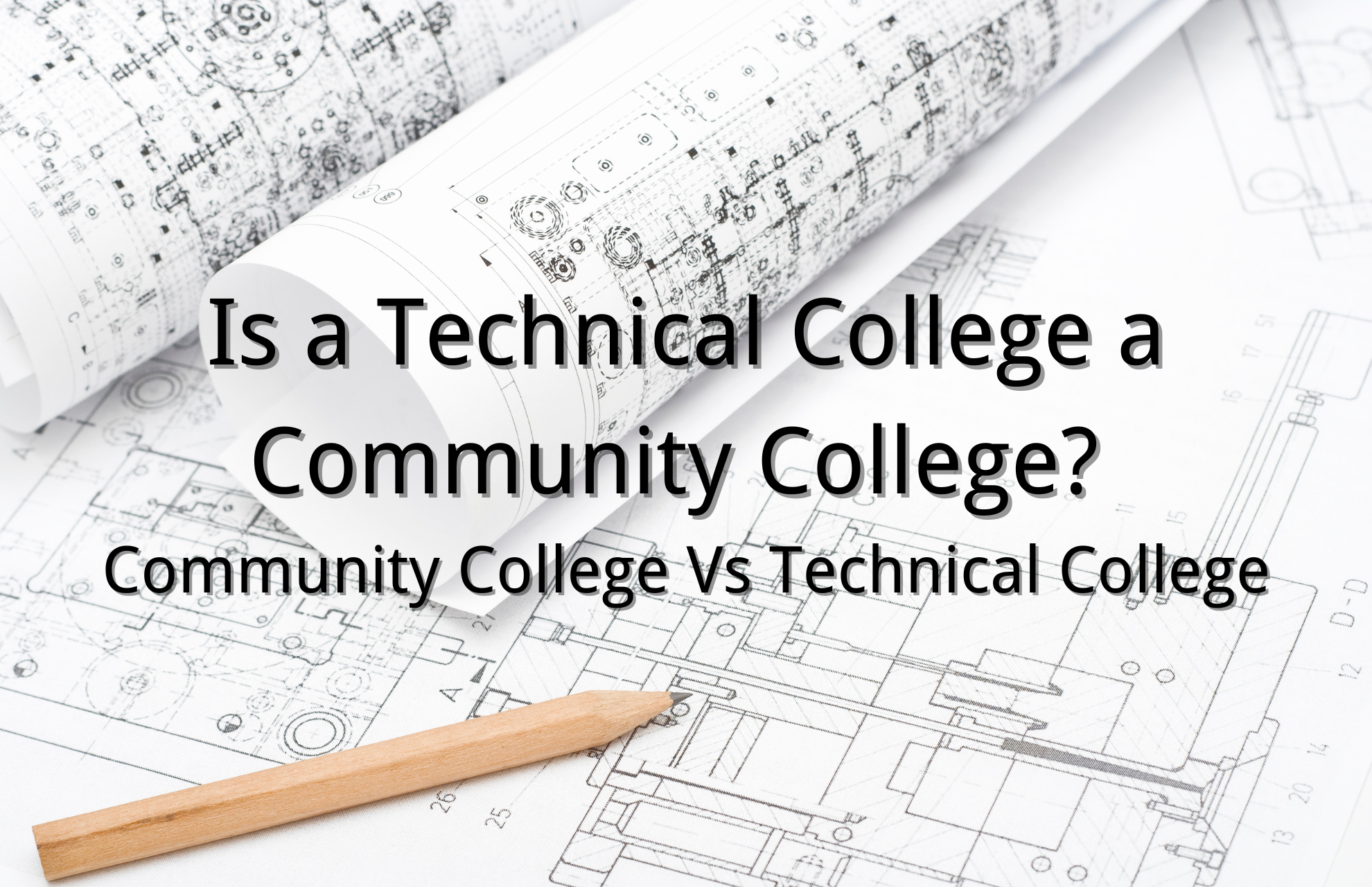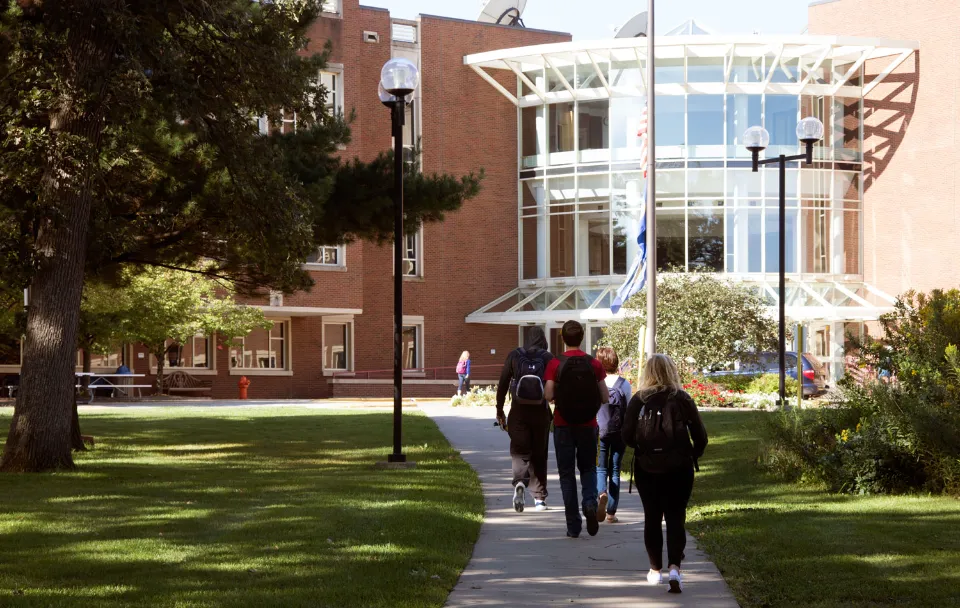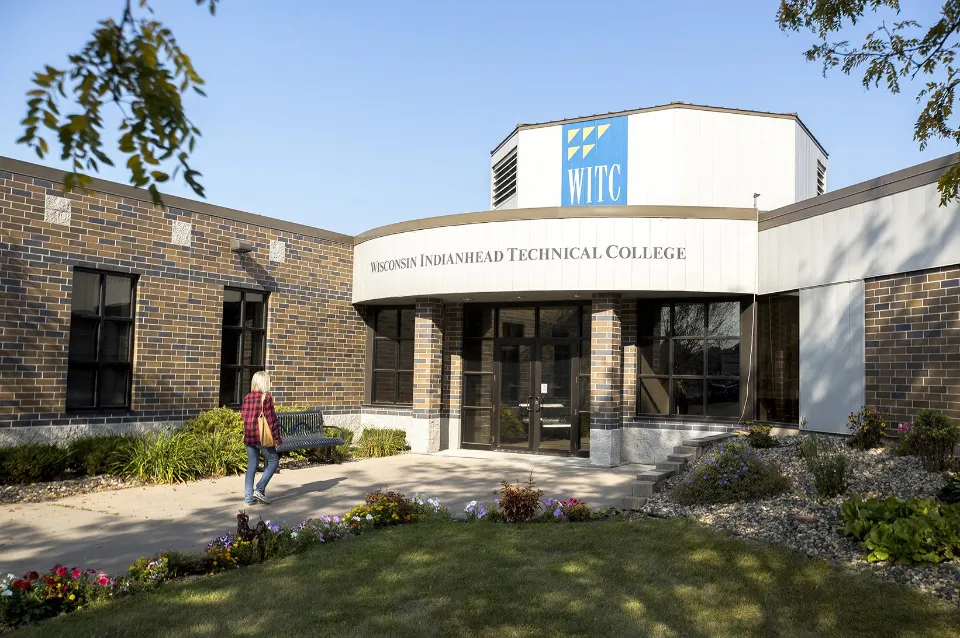
Is a Technical College a Community College? Community College Vs Technical College
Is community college a preferable choice over a technical college? This comprehensive analysis of the advantages and disadvantages of both institutes is provided.
Both community colleges and technical colleges can benefit students’ learning. However, there are some distinctions between the two that might include related expenses, learned skills, and program length.
Often, the terms “technical college” and “community college” will be used interchangeably, but community colleges are typically more focused on general education, while technical colleges or trade schools are career specific.
We’ll examine the main distinctions between community colleges and technical colleges in this article.
Technical School
Many similarities exist between technical and trade schools. In fact, the Bureau of Labor Statistics categorizes both institutions under Career and Technical Education (CTE). Similarly, both are sometimes referred to as Vocational Schools.
Similar to a trade school, a technical degree is a certification obtained after passing a course that teaches particular subjects based on occupational skills (a set of knowledge and skills that employees need for a specific job or occupation). In comparison to trade schools generally, technical schools may offer more classroom time.
Even while still in high school or before beginning their bachelor’s degree, students can apply to technical schools. The coursework is structured to help students get ready to enter the workforce as soon as they graduate. It is also a fantastic choice for those who want to change their educational or career path.
Similar to trade school, the price of the technical school depends on the course of study and the institution itself, and it differs from state to state. Generally speaking, technical schools are more expensive than community colleges.

Community College
A community college also referred to as a junior college, is an institution of higher learning that typically grants associate’s degrees and diplomas. This indicates that the primary distinction between community colleges and CTE is that the latter offers a broader education.
Over time, numerous community colleges have also begun to provide certifications and bachelor’s degrees (the programs/degrees offered vary from college to college).
Community colleges are made to serve a wide range of students. They concentrate on assisting students in acquiring practical job skills, but unlike technical/trade school programs, they frequently include theoretical study and may include general education coursework.
The general education and major-specific courses in associate’s degree programs are frequently separated into two categories.
Read More: What GPA Do You Need for Community College?
The goal of general education is to provide students with the knowledge and abilities needed to succeed in a wide range of careers. These courses cover a variety of topics, including basic mathematics, science, writing, and reading comprehension.
Technical College Vs. Community College
Here are some key points worth considering:
Associated Costs
A few technical colleges provide courses and programs that can usually be finished in less than a year. Students can start their careers earlier because they spend less time in college. Numerous programs at Midwest Technical Institute (MTI) can be finished in under a year.

Since it can take 2-4 years to complete a community college degree and because tuition is typically between $6,000 and $15,000 per year, community colleges are more expensive overall than technical colleges. Visit our catalog for the most recent details on the tuition and costs for the MTI program.
School Type
Understanding that community colleges are frequently public non-profit organizations that receive funding from state taxes and are not-for-profit organizations is helpful.
On the other hand, a small percentage of technical colleges (but not all) are private for-profit organizations, which means that their primary sources of funding are tuition and other contributions from individuals. Public schools, on the other hand, make up the majority.
When it comes to cost, these variables can really make a difference, and public schools are typically less expensive than private ones.
Skills They Offer
The courses offered at a technical college or trade school offer relevant, applicable skills that, upon program completion or receipt of the required certification, can provide the education needed to launch a career.
Technical colleges frequently concentrate on practical training in allied health or mechanical trades like welding, HVAC/R-MAR, truck driving, and medical and dental assisting.
Technical colleges typically do not require general education programs and instead concentrate entirely on the skills required for a specific career. These programs are typically taught by industry professionals with years of experience working in the field they are teaching.
Trade schools equip students with the skills and knowledge needed to take the certification exams because many industries demand industry certifications.

Programs at technical colleges are typically shorter than those at community colleges; at Midwest Technical Institute (MTI), for instance, the majority of programs and courses can be finished in less than a year. Programs at technical colleges might include certificates of completion.
Shorter programs have the advantage of allowing students to enter the workforce more quickly than other postsecondary options. Community colleges are different because they frequently require students to take general education courses and may place less emphasis on practical skills.
Some community college students will transfer to four-year institutions; in fact, 49% of students enrolled in conventional four-year institutions began their academic careers at a community college.
Potential Career Paths
Because technical colleges offer specialized training in those fields, many students who choose to attend them are already aware of the careers they want to pursue. Once they have finished, students have a variety of career options to choose from, such as allied health professions or the mechanical trades.
Students who prefer to take a variety of classes in order to explore their interests or who are interested in more general education may benefit more from attending community college.
How to Choose Between Technical College and Community College?
A trade school may be the best option for you if working in a trade is what you want to do for a living. Midwest Technical Institute (MTI) offers programs like HVAC/R-MAR Technician, Welding, Dental Assisting, Medical Assisting, and more.
These courses can typically be finished in less than a year and are entirely focused on the skills required for the profession being studied.
Community college might be a better fit for you if you’re looking for a more all-encompassing education, training that requires more in-class time, or you want to take courses that transfer to a 4-year university.
Conclusion: Community College Vs Technical College
You should be able to choose which of the two colleges might be a better fit now that the key distinctions between community and technical colleges have been laid out in front of you. So, when comparing community college vs. technical college, some aspects of education are similar.
A technical college might be a good idea if you are certain of the type of job you want and the cost is not a major concern. However, if you aren’t exactly sure what career field you want to enter and money is an important factor, a community college may be a great fit.


